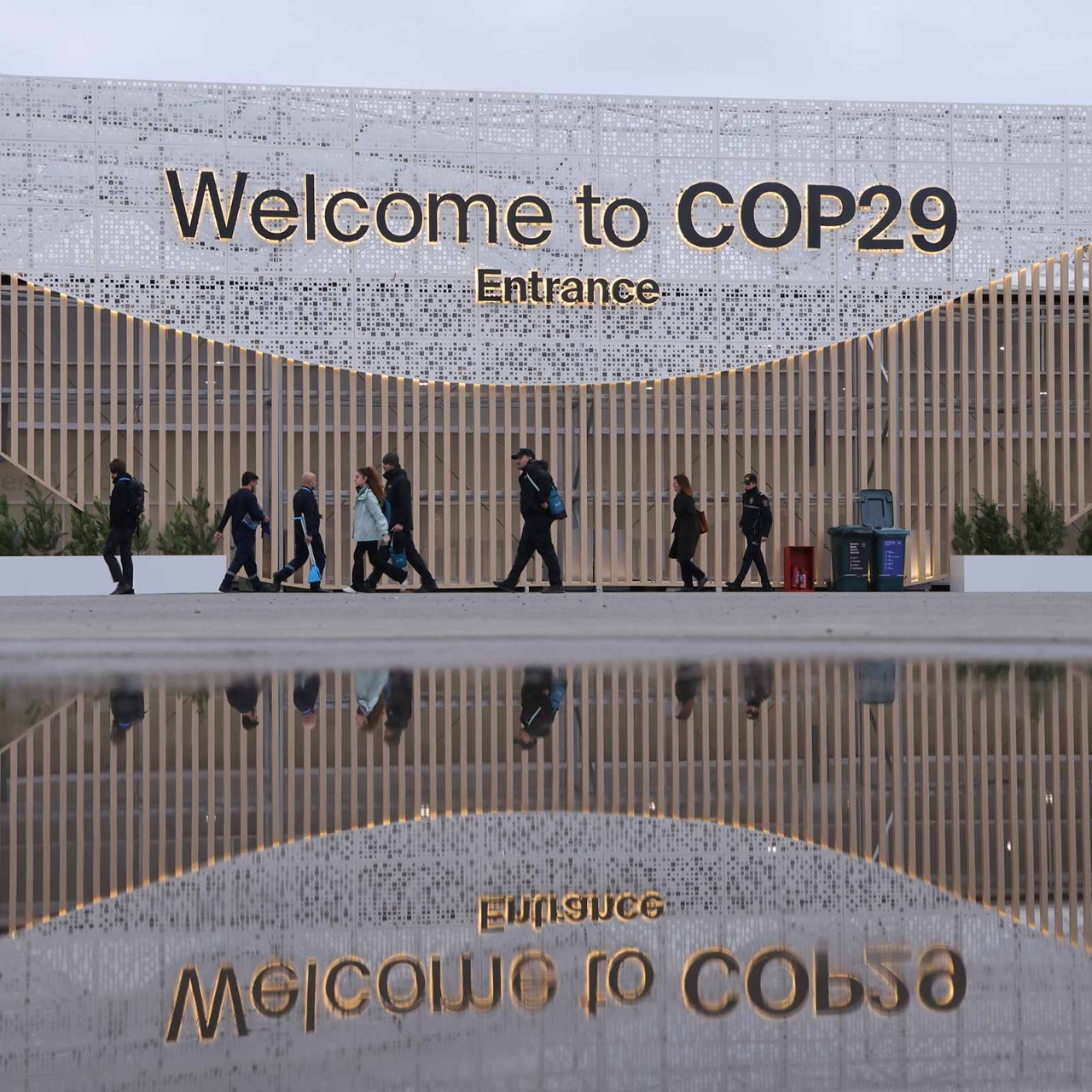
Tax accountants are the most trusted source of tax information for citizens across the world – but one of the least consulted, according the latest Public trust in tax report. The report also highlights the scale of the challenge for governments and tax authorities worldwide in building trust in the tax system in a world beset by disinformation.
This year’s survey, a collaboration between ACCA, IFAC and the OECD, is the largest in scope so far, covering 26 countries, and takes a deep dive into the results from Latin America.
The findings are based on the results of an online survey, which this year includes a series of new questions about how people see the role of tax in theory and through their own experiences.
Tax morale
The report explains that the OECD’s work on tax morale – that is, the willingness to pay tax – has shown ‘trust is pivotal in establishing effective tax systems’ but that further work is needed to measure trust in tax, and to understand how to build trust in the system.
Only 32% said their public services are a fair return for their taxes
Overall, the survey found that a majority of respondents support the fiscal contract in principle but do not necessarily see it working in practice. Just over half (52%) of all respondents agreed that their taxes are a contribution to the community rather than a cost to them, with 25% disagreeing. This view was particularly strongly held in Africa, where 65% see their taxes as a contribution to the community.
That said, only 33% of respondents believe that tax revenues in their own country are spent for the public good, with 47% disagreeing. And when questioned about their own individual experience of the fiscal contract, respondents were more likely to say that they were not experiencing a fair return for their taxes – only 32% agreed that their public services and infrastructure are a fair return for the taxes they pay, with just under 50% disagreeing. In fact, only six countries saw more respondents agreeing than disagreeing that their public services were a fair return for taxes: Côte d’Ivoire, Egypt, Malaysia, Nicaragua, the Philippines and Vietnam.
Just over half thought it appropriate for companies to minimise their taxes
Fairness
The survey also examined respondents’ attitudes to the equitableness and reasonableness of the tax system. Overall, only 32% agreed that taxes are collected in an equitable way (ie in proportion to the ability to pay), although there was a significant degree of divergence geographically – only 18% of respondents in Bolivia and Colombia believe that this is the case, for example, compared with 62% in Vietnam.
Despite this, respondents did agree that high-income businesses and individuals were paying a reasonable amount of tax. On average, 53% agreed that local businesses pay a reasonable amount, and 56% that multinationals do. In both cases, just over half of respondents thought it appropriate or highly appropriate for local companies and multinationals to minimise their taxes, while 48% felt it appropriate for high-income individuals to do so.
Cheating on taxes is frowned on, though, with 61% saying it is never acceptable. Women are less likely to justify cheating on taxes – 64% said it is never acceptable, compared with 59% of men.
Sustainability dichotomy
While respondents understand there is a link between taxes and sustainable development, they are not particularly keen to pay for it. While 60% said they would be willing to pay more in tax for sustainable development outcomes, only 43% overall said they would be prepared to pay even a small amount of additional tax.
This, the report points out, ‘is not necessarily sufficient support to fund significant initiatives’. In just four countries – Nigeria, Pakistan, the Philippines and Vietnam – were more than 25% of respondents willing to pay a significant amount more.
71% of respondents said accountants contribute to a more efficient tax system
In praise of accountants
There is encouraging news for tax accountants in the report. Attitudes towards their role were positive across the entire survey sample. Just over 71% of respondents said that accountants contribute to a more efficient tax system, while 67% said they contribute to a more effective tax system, and 64% said they contribute to a fairer tax system.
The report also found that accountants are the most trusted source of information on tax (ahead of tax lawyers, business leaders and government tax authorities) in every country surveyed. And while 68% of respondents said they trust tax accountants on tax issues, more than half said they distrust politicians on the topic.
Only 7% highly trust media sources, and 40% do not trust the media at all
Least trusted
The challenge for the profession, though, is that the most trusted sources of information on tax are not the most consulted. The media is the most common source of tax information, but only 7% of respondents said they highly trust media sources and 40% do not trust the media at all.
Social media, meanwhile, scored a net trust deficit of –8.3%. ‘Highly trusted tax accountants are less likely to be consulted than less trusted media, friends and family, and tax authorities,’ states the report.
While this is understandable, given that tax advice from accountants and lawyers is not free, it has implications for trust in and understanding of the tax system.
The survey highlights the challenges that governments and tax authorities face around the world. The hope is that the results will form the basis of conversations that could improve the operations of tax systems globally.



